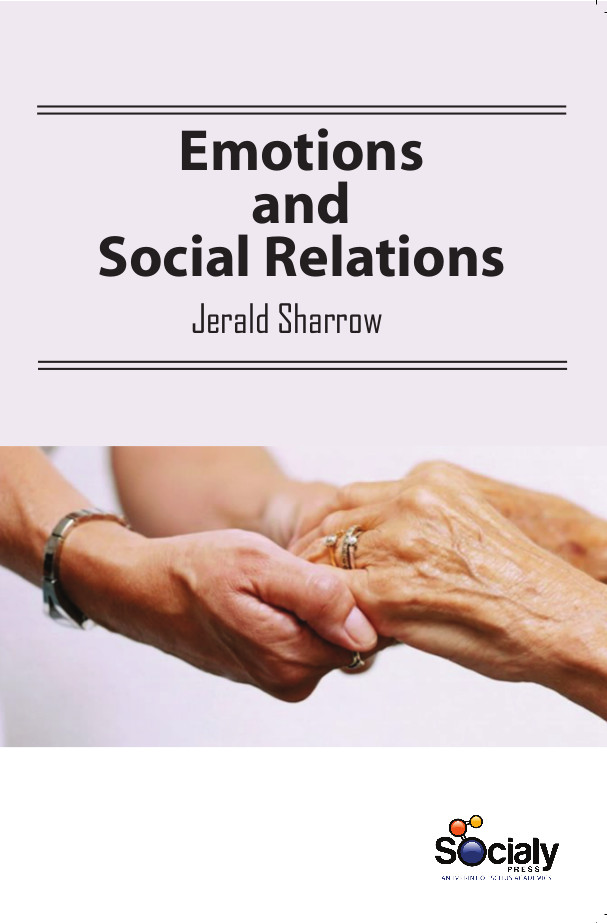Emotion is a relatively new substantive topic within sociology. Growing interest to the topic is likely due to the recognition that humans are not motivated solely by rational-economic concerns. Emotional attachments to others and affective commitments (e.g. desires, attitudes, values, moral beliefs) influence a significant portion of human behavior. Emotion is treated as an independent variable much less frequently in microlevel approaches. Most sociologists assume, either explicitly or implicitly, that feelings motivate subsequent behaviors, but attempts to specify which emotions lead to which behaviors are rare. However, certain types of emotions have been linked theoretically to the outcome of social control. Other social psychological approaches treat emotions as intervening variables in broader social processes. Emotions have been used to link macro factors to micro factors, micro to macro factors, or both. Emotional competencies are thought to be important for social interaction because emotions serve communicative and social functions, conveying information about people’s thoughts and intentions and coordinating social encounters. Positive emotionality is associated with sociability, whereas persistent negative affect keeps others at bay. Accordingly, people need to process emotional information and manage emotional dynamics intelligently to navigate the social world. Yet, few studies to date have examined the relationship between individual differences in emotional competencies and social adaptation in adult, nonclinical populations. The idea that emotional competencies are crucial for adaptation in various realms of life has fueled interest in the concept of emotional intelligence (EI) and inspired numerous programs of social and emotional learning in school and work settings.
This Book, Emotions and Social Relations, explains the role of basic emotions in social relationships, their effects on reasoning, and their pathology in psychological illness, such as depression and obsessive-compulsive disorder. Emotions also enable them to cooperate with other individuals, to compete with them, and to disengage from them. The human system of emotions has also grafted onto basic emotions propositional contents about the cause of the emotion, the self, and other matters. Complex emotions always contain such contents, whereas basic emotions can be experienced without them. This Book brings together inquiries into the size and proximity of social networks and emotion in social relationships to advance understanding of how emotion in significant social relationships influences health.









